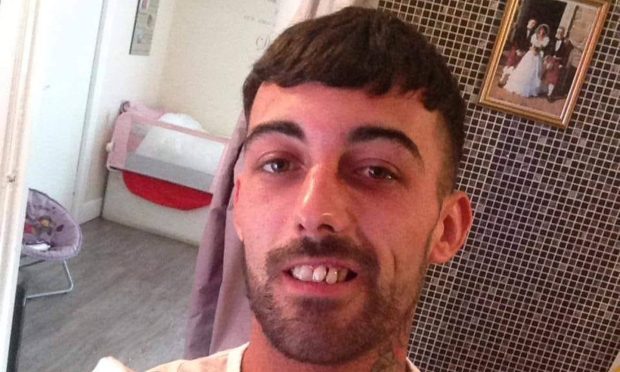Dundee University researchers are seeking volunteers for a new study to find out if vaping really is less harmful than smoking ordinary cigarettes.
Electronic cigarettes are regarded as being less harmful than normal cigarettes.
However, smokers in Tayside are being asked to help find out if vaping may contain hidden dangers.
The study will compare the effects of e-cigarettes and tobacco cigarettes on blood vessel function, a key health indicator.
Dr Jacob George from the university’s school of medicine, is leading the VESUVIUS study, which is funded by the British Heart Foundation.
He said: “E-cigarettes are sold on the principle that they are a much safer alternative to traditional cigarettes because they don’t contain harmful substances like tobacco and tar.
“However, many e-cigarettes contain nicotine, which may itself be harmful to blood vessels.
“We want to see whether the e-cigarettes are better for blood vessel function compared to traditional cigarettes. Many people seem to think that this is the case but as yet there is no hard scientific evidence to prove this.”
Mike Knapton, associate medical director at the British Heart Foundation added: “Nearly one in five adults in the UK smokes and we know that an increasing number of people are turning to e-cigarettes to help them quit.
“This shows the fundamental importance of this unique study which intends to shine a light on the risks associated with the use of e-cigarettes and whether they are in fact a safer alternative.
“If we are to offer smokers the full range of advice and support they need to quit, we must fund more research like this into the potential long term effects of these devices.”
The study is looking to recruit 135 patient volunteers, aged 18 years and over and who have smoked 15 cigarettes a day for a minimum of two years and are prepared, if randomly allocated, to switch their regular cigarettes to e-cigarettes for one month.
Volunteers will be asked to make two visits to Ninewells Hospital, 28 days apart. Each visit would take place in the morning and should be completed within around two hours.
Participants will be randomly put into one of three groups, either continuing with tobacco cigarettes, switching to electronic cigarettes containing nicotine plus flavour, or switching to electronic cigarettes containing flavour alone.
People with a history of cardiovascular disease, women who are pregnant or breast feeding and anyone with a nut allergy cannot take part in the study.
Anyone who is interested in joining the study or finding out more about it should contact trial manager Pippa Hopkinson or research nurse Ronnie Rebecca on 01382 383195 or by email at vesuvius@dundee.ac.uk










